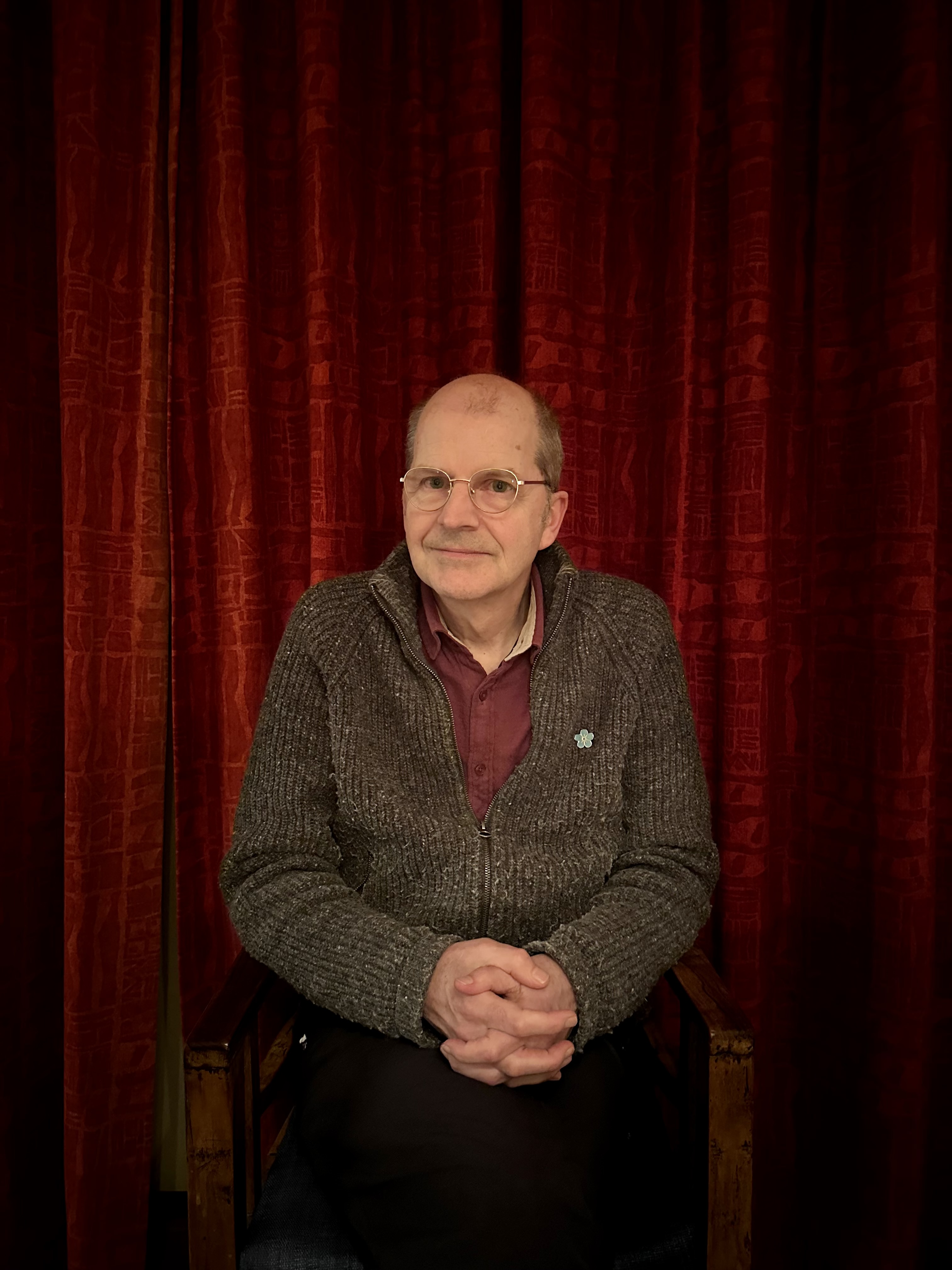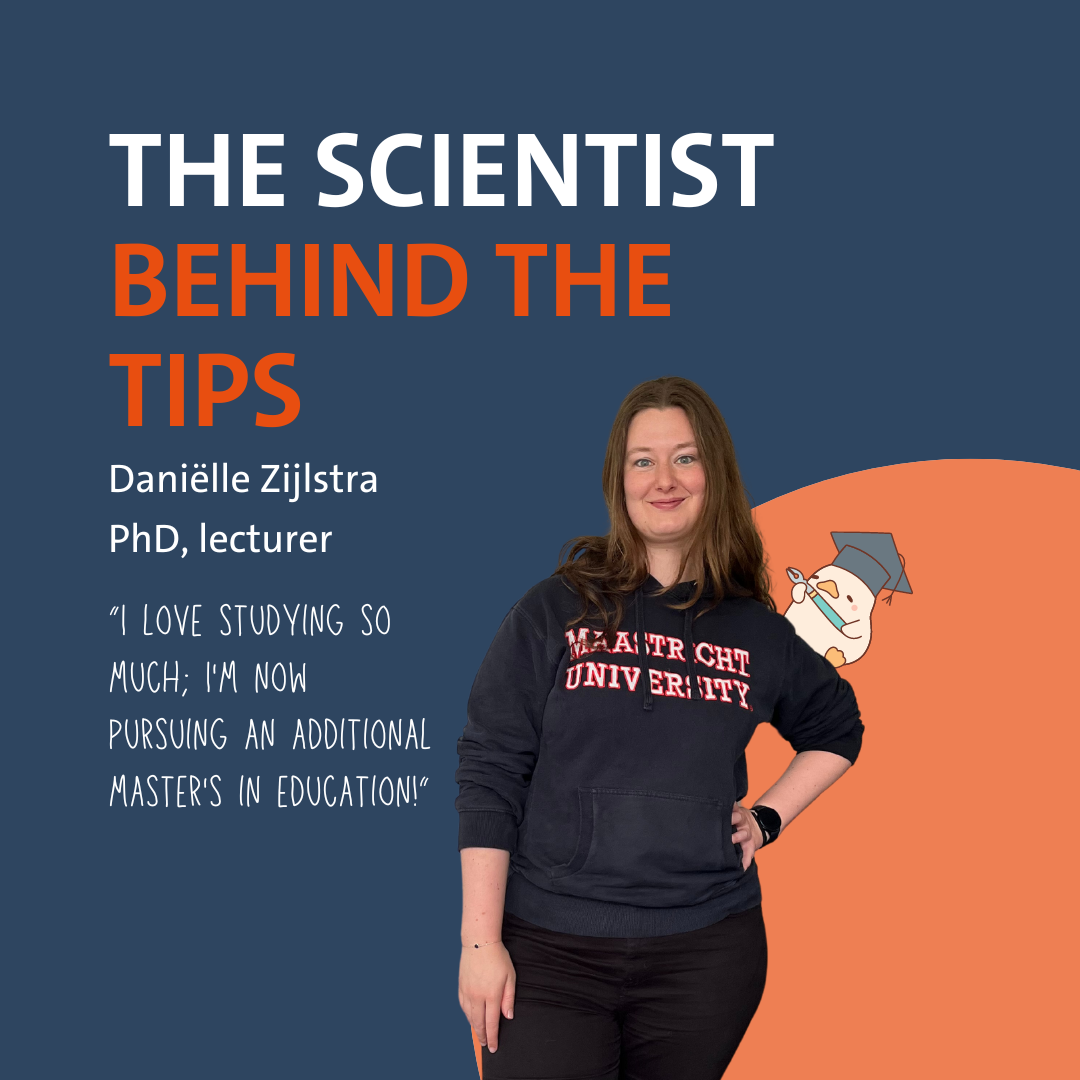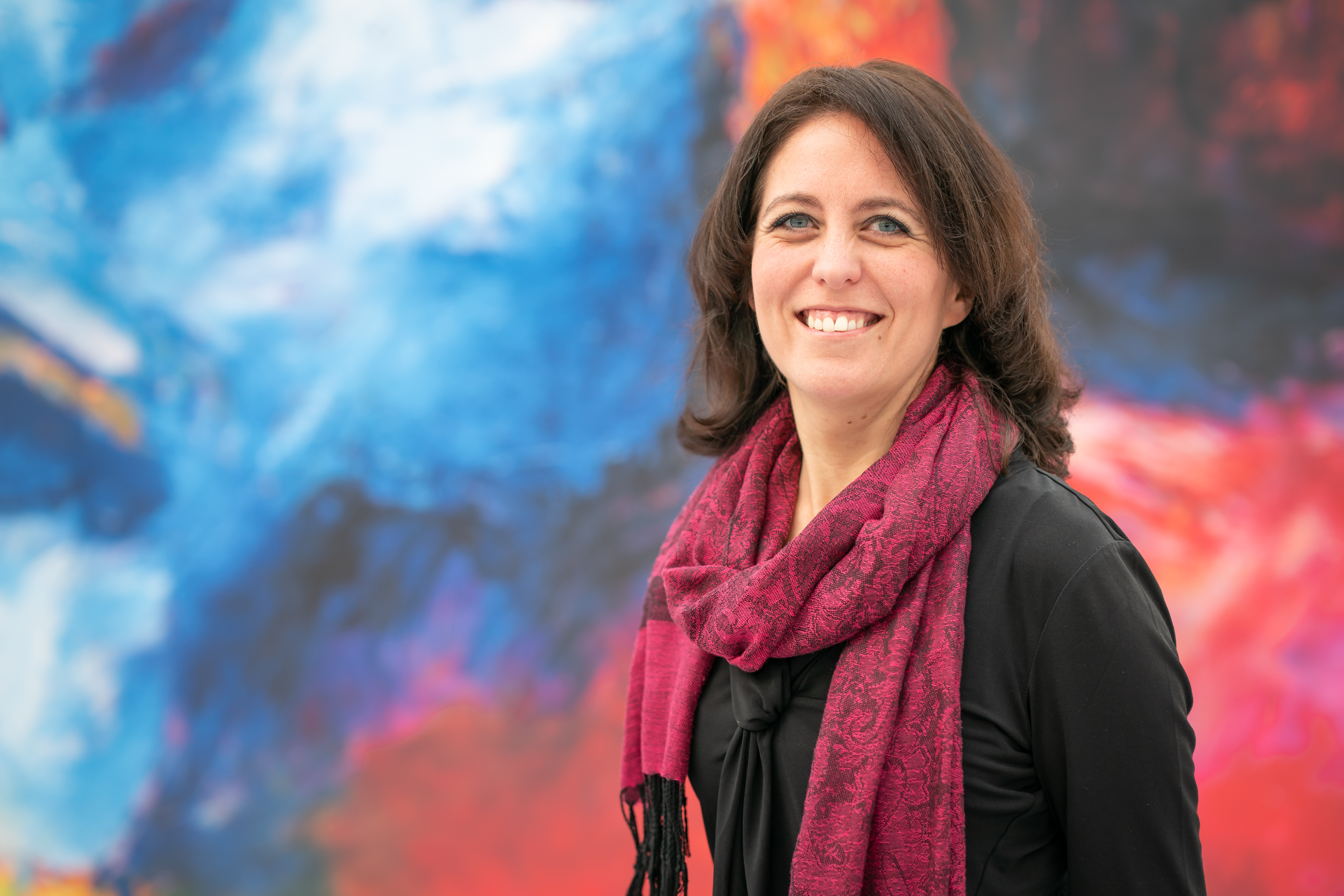Healthy minds: Martin van Boxtel looks back on a 30-year career at UM
We discover new things about staff and students every day at our faculty. That Ree can provide solid evidence-based tips for sleep. That Kim is working on a non-invasive test for kidney cancer. And that Martin works on promoting mindfulness and preventing dementia.
Ageing well isn’t just about physique. It also means being aware of a healthy brain. To prevent dementia, Martin van Boxtel and his colleagues from ‘Alzheimer Centrum Limburg’ founded the Maastricht Ageing Study (MAAS) 30 years ago. MAAS kept track of 2043 people over 25 years in a longitudinal study to collect data for dementia research. The final follow-up was completed in 2023, a year before Martin’s retirement. In honour of his work, we asked Martin about his proudest moments during his career.
Maastricht Ageing Study
Coincidentally, that moment was just over a week ago. “After 25 years of hard work, we were invited to the Dutch Ministry of Health, Welfare and Sport to present our work as one of the most renowned knowledge centres on dementia in the Netherlands.” Older and younger staff members of the Alzheimer Centrum Limburg presented their research on the development, risk factors and prevention of dementia and talked about future lifestyle interventions and support for patients.
The researchers of MAAS used the data from their study to define modifiable health variables that accelerate the cognitive ageing process and thus the risk of dementia. Now it’s time to raise awareness among the general public on how to prevent the disease and keep brains healthy. “Studies show that 30-40% of dementia cases are related to lifestyle habits. We need to reach people of all ages, preferably as young as possible, and try to slow down their cognitive ageing process by improving lifestyle factors amenable to change such as hearing loss, mood and nutrition.”
We are the medicine
The research of Alzheimer Centrum Limburg is evolving into tangible actions for the public. “We developed apps, websites and campaigns to inform people about what dementia is and that their actions can lead to a decreased risk. We as people are the medicine.” A great example is the project where children connect with people with dementia and learn about the disease while having fun together in a nursing home.
The role of mindfulness
The dementia diagnosis is devastating news for patients and their network. The news is often met with pain, sorrow and worries. “There is no cure for dementia yet, but we can help patients and caretakers in dealing with the disease. Mindfulness has been shown to help accept the difficulties and challenges that lie ahead."
Martin is a certified mindfulness trainer and helped develop an 8-week mindfulness training programme for people with early dementia and their caretakers. “I’m a practitioner myself because I want to know the effect of mindfulness when I teach it to others.”
Those others aren’t limited to patients, as the former PhD-coordinator of the Institute for Mental Health and Neuroscience (MHeNs), Martin also helped new PhDs deal with stress and work pressure.
The MHeNS PHD Academy
“This was one of my last projects as the PhD-coordinator. Together with MHeNS and the UM Staff Career Centre, we developed a year-long programme that teaches transferable skills to new PhDs such as mindfulness and self-management. All to become an all-round professional who can set his boundaries.”
Martin has always followed his interests throughout his career. “I was led by curiosity and advice researchers to do the same. But throughout the year, take the time to pause for a moment and ask yourself if you are still doing what you want. Pursuing a PhD means four incredibly interesting, but also intensive years. It’s okay if you feel pressured or doubt your career. Be present and mindful in those moments. Eventually, you’ll learn what you need to know.”
Text: Ruben Beeckman
Also read
-
In the upcoming months, we’ll share tips on Instagram for our students on how to live a healthier life. Not just a random collection, but tips based on actual research happening at our faculty. The brains behind this idea are Lieve Vonken and Gido Metz, PhD candidates at CAPHRI, the Care and Public...
-
Can urine be used to detect renal cell carcinoma? The current approach in the case of small renal masses is in most cases a precautionary partial or complete removal of the kidney, without knowing whether the mass is benign or malignant. Molecular epidemiologist Kim Smits is working at MUMC+ on a...
-
In the upcoming months, we’ll share tips on Instagram for our students on how to live a healthier life. Not just a random collection, but tips based on actual research happening at our faculty. The brains behind this idea are Lieve Vonken and Gido Metz, PhD candidates at CAPHRI, the Care and Public...



